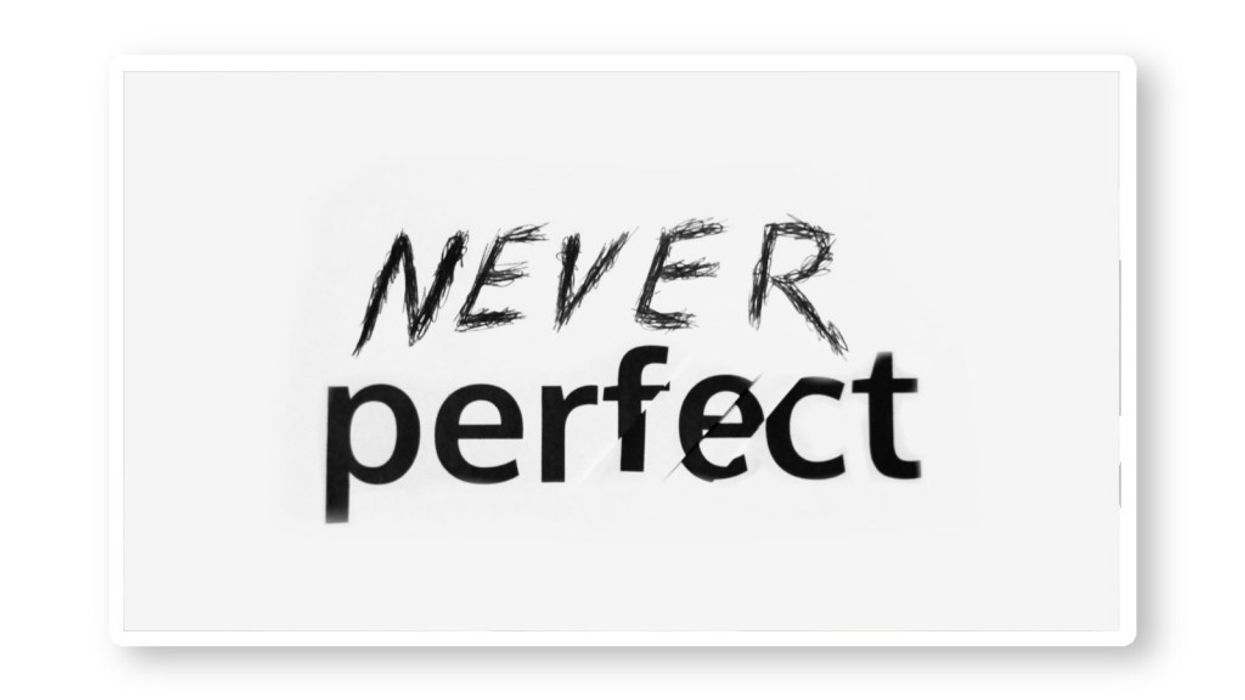It's Time to Let Go of Perfectionism & Embrace Making Bad Films
"Have no fear of perfection -- you'll never reach it." - Salvador Dalí

We spend far less time creating art than we do perfecting it. It's true -- how many hours have you spent trying to get your edit just right? How many drafts of your screenplay have you written since the first one? How many tweaks? How many slight adjustments? How much of your creative life have you spent making what you have just a little bit better?
But, when enough is enough? When do your attempts at perfecting your film actually become a detriment to not only it, but your creativity and future as a filmmaker as well? This is a topic Simon Cade of DSLRguide tackles in the video below:
Clearly there's a need for a bit of artistic perfectionism. We all have a vision of what we want our work to look like, sound like, and feel like, and getting there sometimes seems as simple as just taking a little more time to iron out the bumps and cleaning up a few messes. Of course you always want you work to be as good as you can possibly make it. However, as a perfectionist myself, I know that unbridled perfectionism can often get in the way of actually making films, not to mention my resolve for being creative.
In fact, I truly relate with Cade when he says that his perfectionism has made him not want to do a project altogether. There are countless ideas for films swimming around in my head, but my desire to make them perfect often keeps me from sitting down and writing the scripts, gathering the materials, and shooting the damn things -- you know, because I don't have the time, money, camera, tools, or talent I need to make it exactly how I want it.
And the films I have made are oftentimes too cripplingly embarrassing to show others. (How many of you can relate to that?!) All of those amateur mistakes -- gaping plot holes, poor compositions, and bad edits; it makes one crave perfection all the more. Ira Glass put it perfectly when he described "the gap", the space between the work we're currently making and our ambitions for that work. Yes, we all want to make work that reflects our visions and our good taste, but in the beginning, and even years and years afterward, your work isn't going to be up to snuff -- especially to you. According to Glass, the only way to bridge the gap is to work and work and work until, hopefully, your work catches up to your ambitions.
In the end, waiting until you have the skills, tools, time, and money to "perfectly" make what you want is probably the worst thing you could do. Perfection is not only unattainable, but it's not even emotionally appealing. The films I consider "perfect" are so imperfect, technically and narratively. But that's just it -- sometimes it's the accidents, the mistakes, and the foolish choices we make that give our work the humanity that will reverberate most with audiences. Because we're imperfect creatures after all. We're bound to make imperfect art -- and we're bound to see ourselves in imperfect art.
Art is the mirror we hold up to the world and it will, without a doubt, reflect a big, beautiful mess of imperfection. How perfect is that?
Source: DSLRguide













